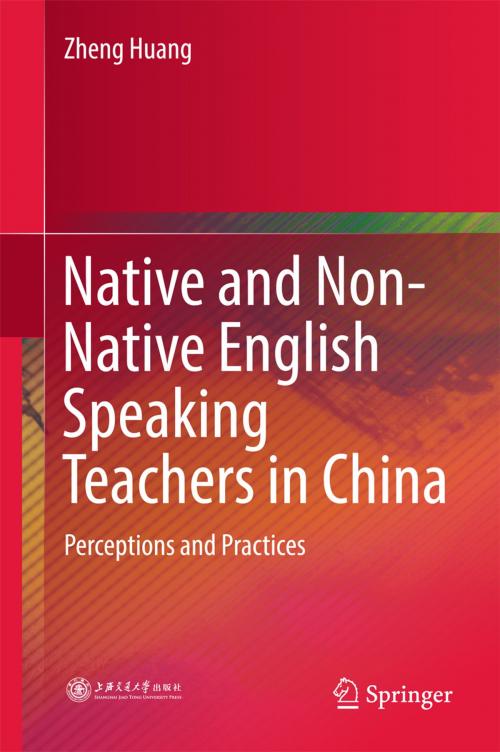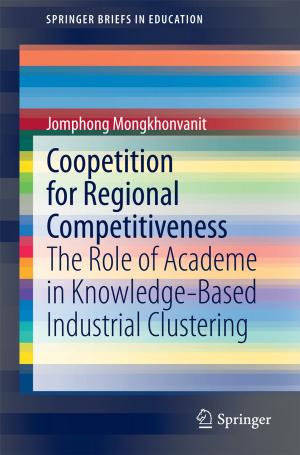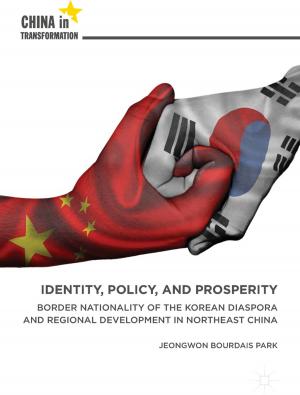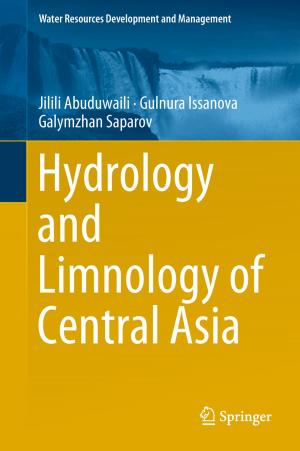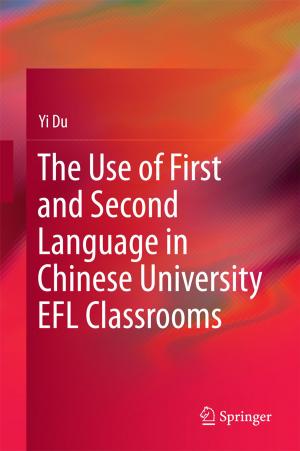Native and Non-Native English Speaking Teachers in China
Perceptions and Practices
Nonfiction, Reference & Language, Education & Teaching, Teaching, Language Experience Approach, Language Arts, Linguistics| Author: | Zheng Huang | ISBN: | 9789811052842 |
| Publisher: | Springer Singapore | Publication: | July 2, 2017 |
| Imprint: | Springer | Language: | English |
| Author: | Zheng Huang |
| ISBN: | 9789811052842 |
| Publisher: | Springer Singapore |
| Publication: | July 2, 2017 |
| Imprint: | Springer |
| Language: | English |
This book explores the responses of Chinese English teachers (CETs) and learners to the Native English-Speaking Teacher/Non-Native English-Speaking Teacher (NEST/NNEST) issue by examining the self-perceptions of Chinese English teachers, the perceptions of Chinese learners, and the real practices of the two groups of teachers in the classroom. It reveals how Chinese students’ and teachers’ perceptions are influenced by the combined forces of Chinese traditional culture and globalization, how Chinese English teachers’ classroom practices reflect their perceptions, and how Chinese English teachers struggle to (re)construct their professional identity as English teachers in the dominant ideology and disempowering discourse of native-speakerism. The findings also shed light on the impacts of globalization on Chinese English teachers’ professional identity and provide ways to empower them as English language teaching professionals.
This book will appeal to
a broad readership, including foreign-language teachers – especially NNESTs – around the world, graduate students majoring in sociolinguistics, and scholars of globalization.
This book explores the responses of Chinese English teachers (CETs) and learners to the Native English-Speaking Teacher/Non-Native English-Speaking Teacher (NEST/NNEST) issue by examining the self-perceptions of Chinese English teachers, the perceptions of Chinese learners, and the real practices of the two groups of teachers in the classroom. It reveals how Chinese students’ and teachers’ perceptions are influenced by the combined forces of Chinese traditional culture and globalization, how Chinese English teachers’ classroom practices reflect their perceptions, and how Chinese English teachers struggle to (re)construct their professional identity as English teachers in the dominant ideology and disempowering discourse of native-speakerism. The findings also shed light on the impacts of globalization on Chinese English teachers’ professional identity and provide ways to empower them as English language teaching professionals.
This book will appeal to
a broad readership, including foreign-language teachers – especially NNESTs – around the world, graduate students majoring in sociolinguistics, and scholars of globalization.
